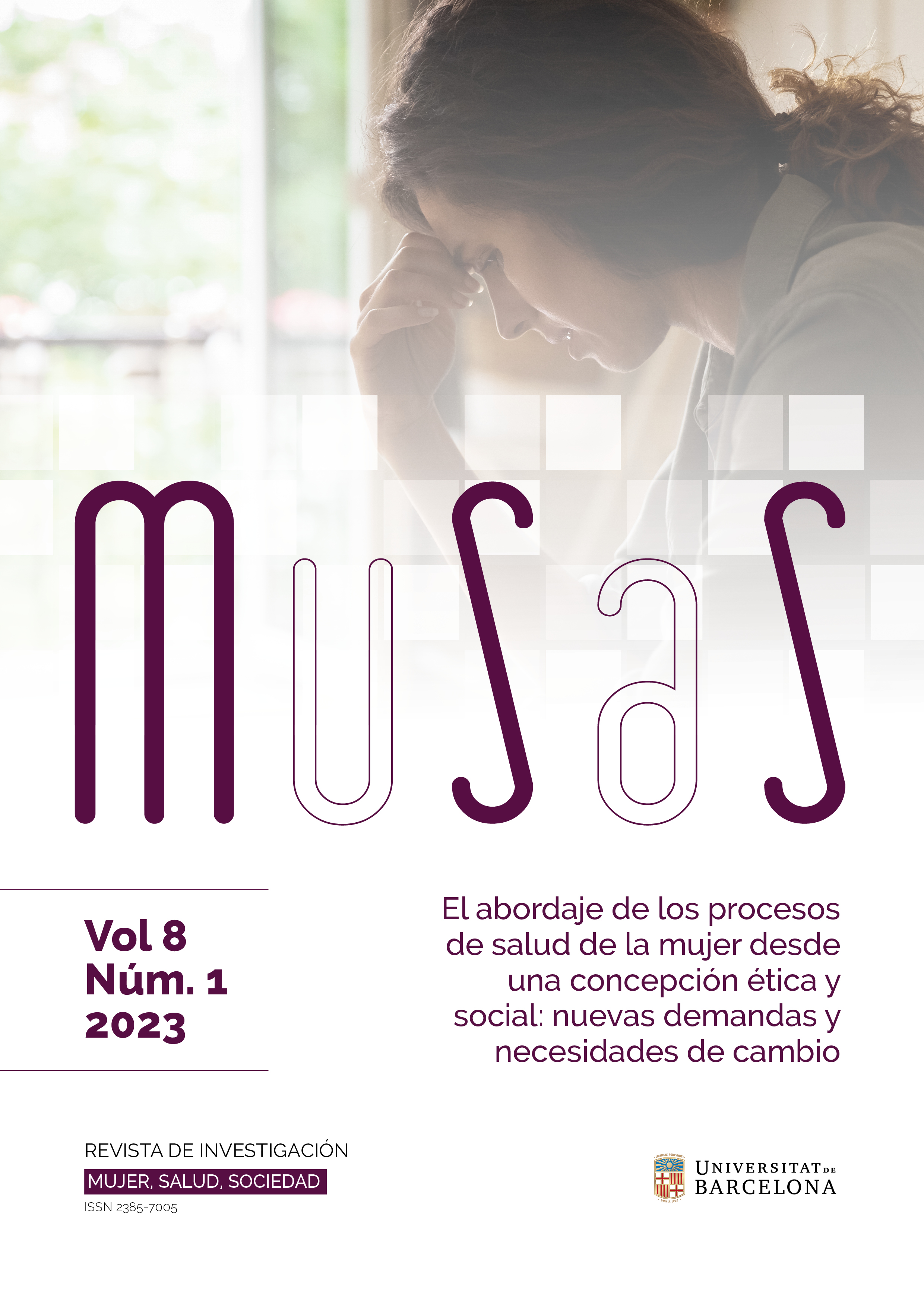A Review of the Emotional Impact of Prior Perinatal Loss On a Subsequent Pregnancy
DOI:
https://doi.org/10.1344/musas2023.vol8.num1.8Keywords:
Perinatal Loss, Subsequent Pregnancies, Grief, Bibliographic ReviewAbstract
Background. Many believe that becoming pregnant again after a perinatal loss will ease a parent’s grief and wipe away the sad memories of loss. However, pregnancy after perinatal loss is increasingly recognized as a psychologically stressful period. Objective. To delve into how a stressful and potentially traumatic experience could mark the emotional health of a woman in a future pregnancy. Method. A bibliographic review was made in the Pubmed online databases in first trimester of 2023. The keywords for the search were the following: «pregnancy», «perinatal loss», «grief». Results. The reviewed studies show a common line regarding the emotional impact of a previous perinatal loss on subsequent pregnancies. Studies show high anxiety and depression scores in a subsequent pregnancy, after a perinatal loss. There is also an increase in prenatal visits to check on fetal well-being. In the formation of the prenatal bond, pregnant women after the perinatal loss, delayed the formation of attachment, as a mechanism of emotional self-protection. Conclusions. A perinatal loss is an experience in a woman's life that does not leave her indifferent on a psychological level. It is a vital experience with great emotional repercussion and affects subsequent pregnancies. Authors recommend that health workers ask women about their previous losses and how they feel in the current pregnancy. This empathic stance encourages a collaborative relationship between healthcare provider and patient.
Downloads
Published
Issue
Section
License
Authors publishing in this journal agree with the following terms:
- Authors hold the copyright, but MUSAS holds the right of first publication.
- Manuscripts will be disseminated with the Creative Commons CC BY-NC license, which allows sharing it with third parties as long as they recognize the authorship, the first publication right held by MUSAS and the license’s conditions






